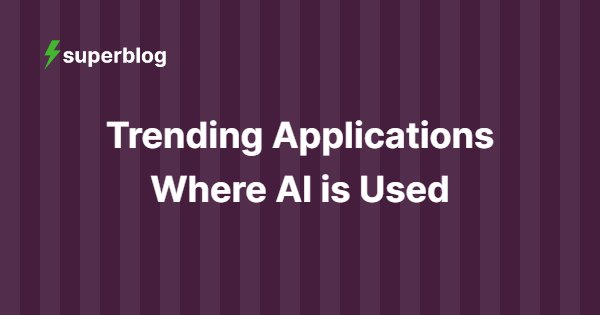It is this rise in artificial intelligence that is driving businesses across all industries. Be it process automation or data-driven insights, AI holds tremendous growth and efficiency potential. Equally important are the large risks—bias, security vulnerabilities, and ethics concerns—that come with these benefits.
This is where good governance matters. A recent comment by Carine Smith Ihenacho, the chief governance and compliance officer of Norway’s $1.7 trillion sovereign wealth fund, highlights the onus that exists on boards to ensure responsible use of AI.
The Need for AI Competence at Board Level
Ms. Ihenacho observed that there might be a need for the members of the board to arrive at a common cognition concerning the impact of AI on their companies. This would not imply that every board member must be an AI expert, but the members must, at least, have a shared understanding of a few critical questions, such as, “What is our policy on AI?” “How is it that we are deploying AI in the way we relate with our customers?” “Are we transparent enough concerning this policy?”. After all, it is considerations such as this that will help businesses traverse the complicated landscape that AI is going to become.
Leading by Example: The Approach of the Norway Sovereign Wealth Fund
The Norwegian sovereign wealth fund is proactively taking a posture in the governance of AI. Through the alert they have sent to the boards of their sixty largest companies in the portfolio, the necessity of having competent governance systems of the AI risk management structure has been raised. Many of these companies are tech giants like Microsoft, Apple, and Amazon.
Their focus areas include
Transparency: Do Companies Share with the Public that AI is Being Used and its Repercussions? Policy Development: Are there Articulated Policies on Responsible Development and Deployment of AI within Companies? Board Involvement: Do the Boards play an active role in the Scrutiny Process of AI implementation and mitigation of associated risks? Balancing Innovation with Responsibility
The fund acknowledges the immense potential of AI as a driver of innovation and effectiveness, but it must be used responsibly, notes Ms. Ihenacho. For that reason, AI governance frameworks are important to reduce risks and ensure ethical implementation.
The Norwegian sovereign wealth fund is an example of a proactive approach taken by another institution. As AI is integrated into every business sector, it will be important to have good governance at the board level to make sure that its benefits are captured but harms are minimized.
Way Forward: Building AI Expertise for Boards
What can and should companies do to improve their AI governance? Following are the critical steps:
Board Education: Educate board members on the basics of AI, its applications, and associated risks.
AI Policy Making: Clear policies should be developed which states expressly what could be considered the responsible building and deployment of AI.
Oversight Committees: Contemplate the creation of oversight committees that ensure the implementation is appropriately carried out and that possible risks are targeted.
Transparency: Communicate openly and transparently about AI use with stakeholders.
The above are the key steps that would position a company well to harness AI power in a responsible and ethical manner. The path of AI is bright, and responsible governance is necessary for sharing the benefits of the same widely.

